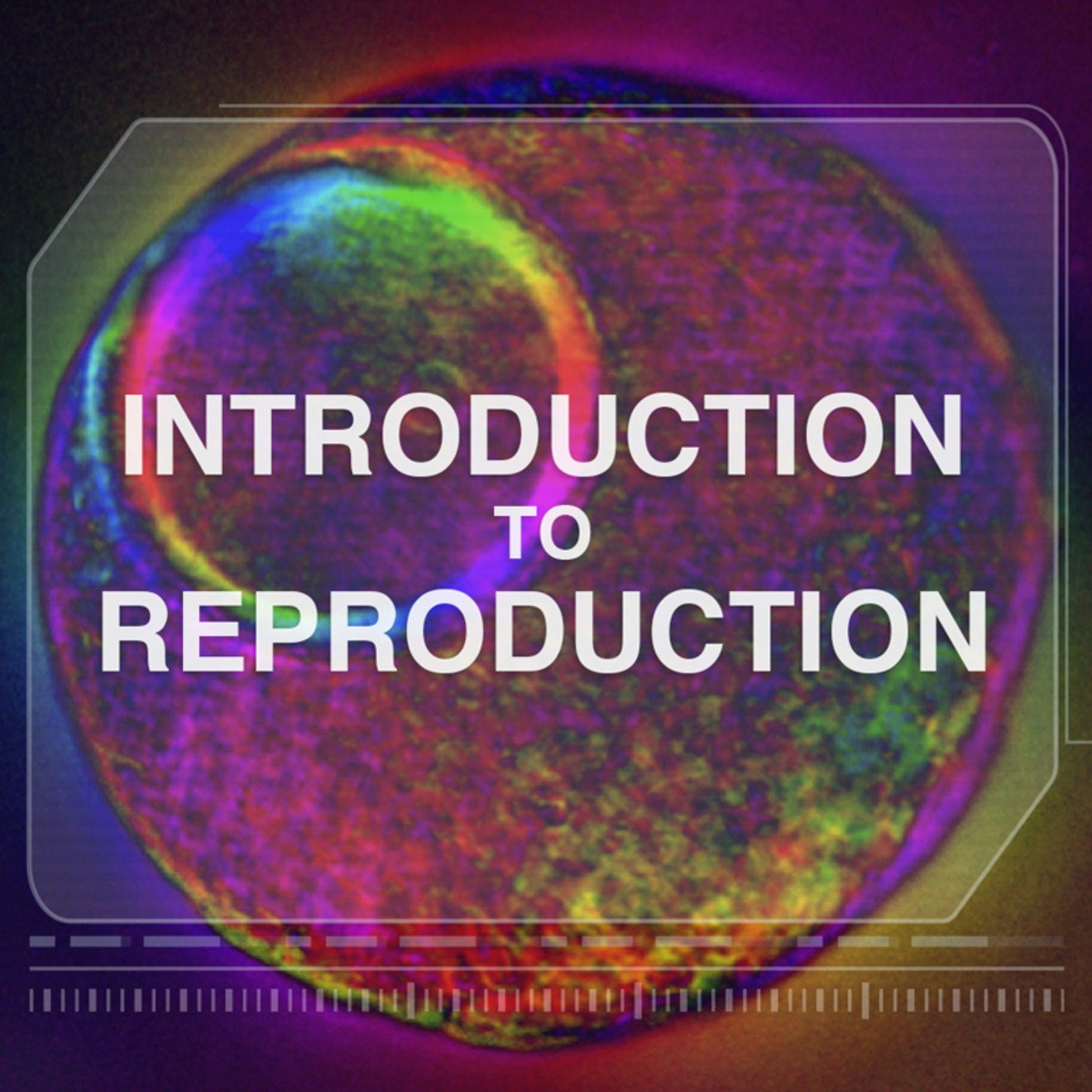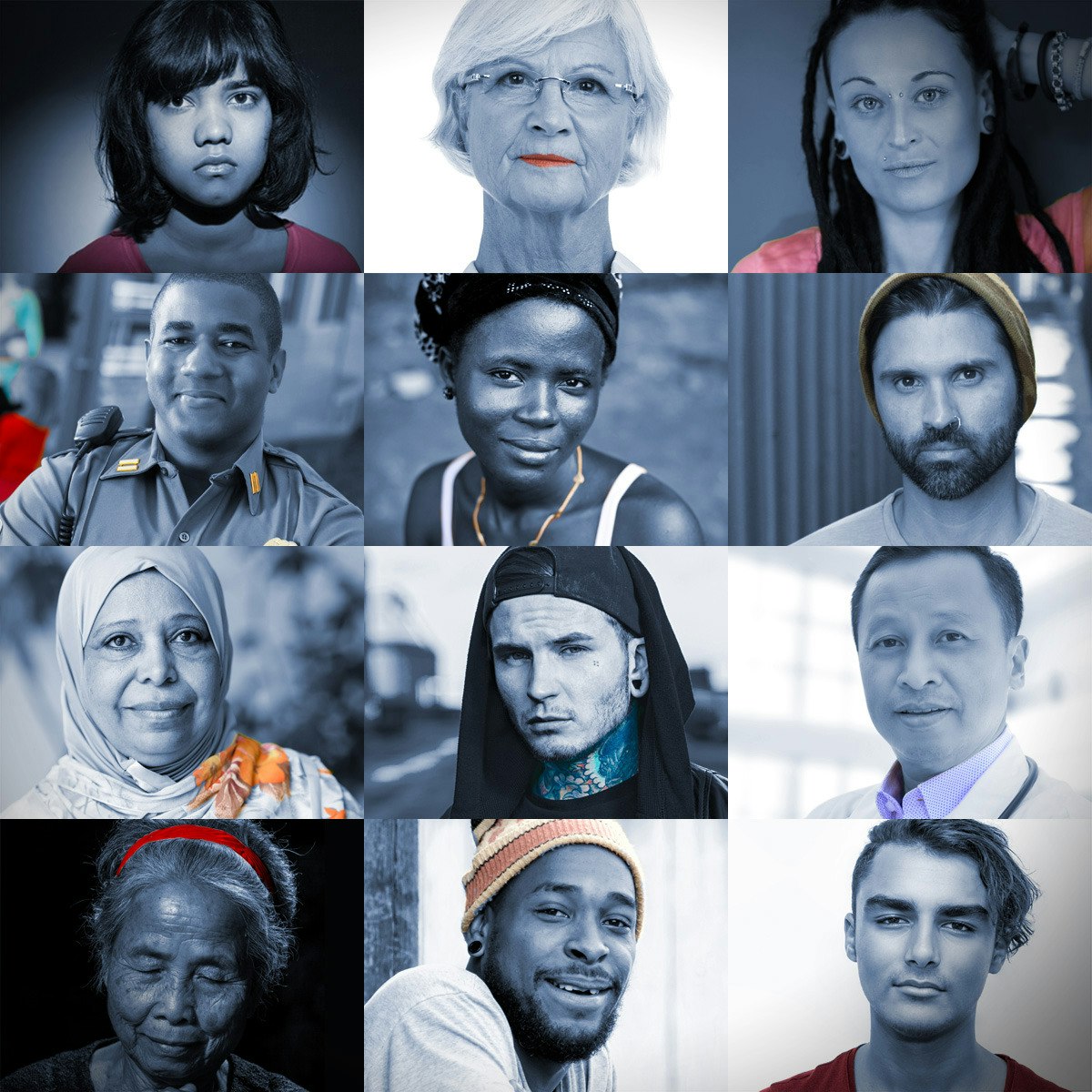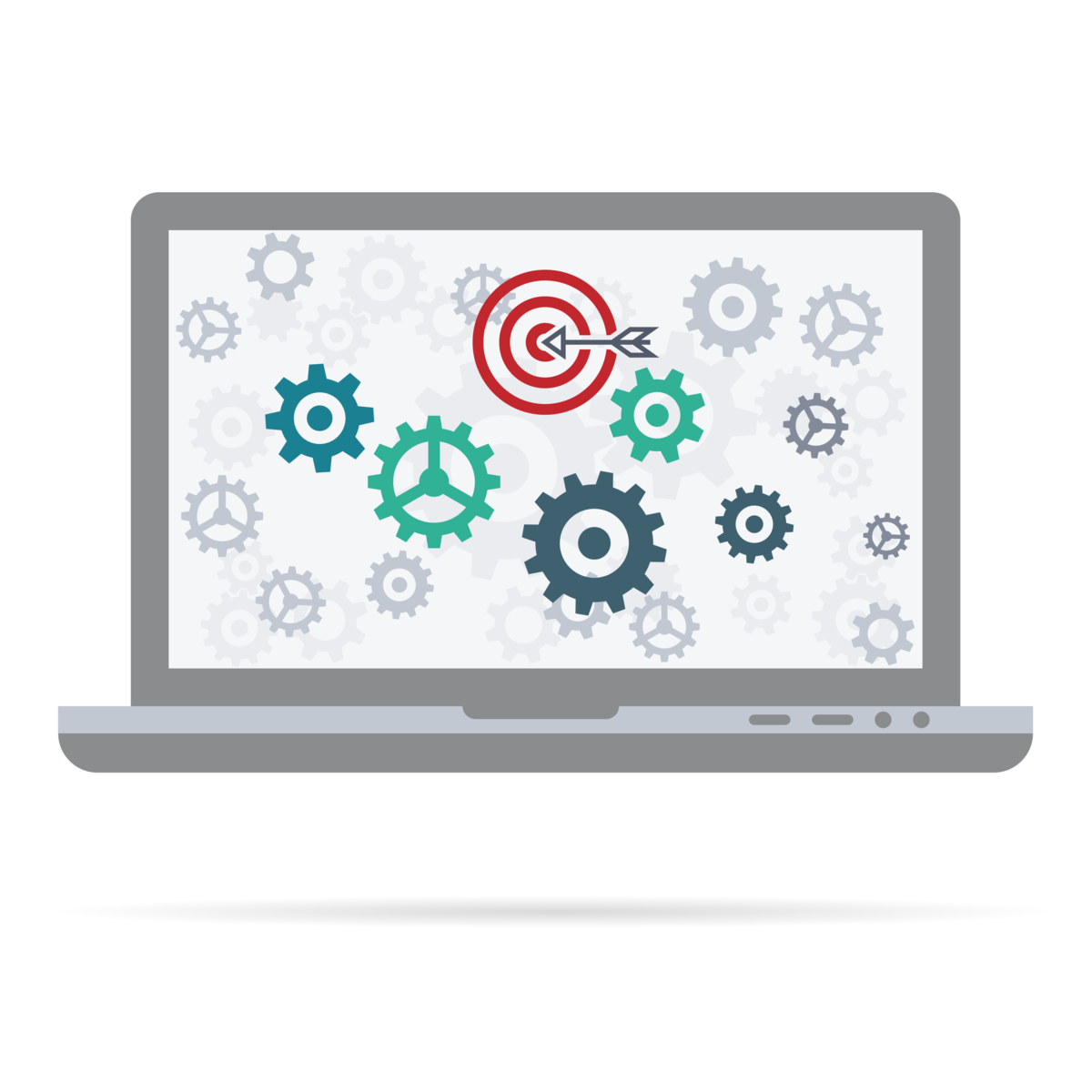Back to Courses









Life Sciences Courses - Page 27
Showing results 261-270 of 644

Introduction to Reproduction
Do you have questions about sex hormones or menstrual cycles? This is a crash-course in human reproductive health through fact and biology-based information on a variety of topics. "Sex 101" will cover reproductive anatomy, key biological changes during puberty, sexual biology and contraceptive methods, reproductive disorders, and a special introduction to the exciting field of Oncofertility. Specific lecture titles are as follows: 1) Reproductive Anatomy & Hormones, 2) Menstrual Cycle, Oocyte Maturation, & Sperm Activation, 3) Sexual Biology, Fertilization, & Contraception, and 4) Reproductive Health & Disorders.
The objective of this course is to ensure you understand reproductive health and not confuse reproduction with sex (or having sex). This course was designed with you in mind, and is aimed at providing you with quality information that is meaningful to you and that may be hard to find otherwise. Reproductive health is an area of knowledge that needs to be demystified. We have designed this course for you to examine reproduction through a biological and scientific lens addressing these issues in a comfortable and interactive format that will lead to a better understanding of holistic health, long-term.

Communicating During Global Emergencies
In collaboration with the Rollins School of Public Health and the CDC's Division of Global Health Protection, Emergency Response, and Recovery Branch, this course introduces basic concepts and principles of communicating during a global crisis or emergency. It explores why communication during an emergency is different and the importance of adapting emergency messages to the needs of affected populations. Through sample scenarios, you will get the opportunity to identify information needs and develop useful messages using six guiding principles to help you communicate effectively and promote behaviors that reduce health risks during an emergency.

Foundations of Public Health Practice: The Public Health Toolkit
The Foundations of Public Health Practice: The Public Health Toolkit builds on public health thinking (introduced in the previous course) and introduces a variety of core public health approaches (the toolkit) to conceptualising problems, conducting analysis and bringing forward recommendations. In this course we cover health needs assessment, evaluation and public health intelligence-approaches.

Global Health Policy
In this course, learners will become familiar with principles and theories of global health problems, and major challenges and controversies in improving global population health as well as practical applications of quantitative methods to analyze and interpret issues and challenges for policy. Topics will include health and foreign policy, health governance, acute disease surveillance, non-communicable diseases, burden of disease, universal health coverage, health systems strengthening, health financing, and human resources for health and ageing.

Population Health: Panel Management Next Level
How can you, as a healthcare professional, identify patients that share the same risk of an adverse event? How do you transform your healthcare practice in such a way that you are not only able to provide proactive care but you are also able to improve the health of populations at risk?
In this course you will learn how to apply the panel management approach to tackle these questions in order to change from reactive to proactive care.
You will learn how to empanel (patient)groups that share the same risk and how you can allocate the appropriate intervention to each panel of patients. From there you will dive into ways to transform current workflows for optimal in-reach and out-reach care both at the cultural and behavioral change level. As a final step you will learn how to evaluate both effectiveness and process based on the triple aim. This will give you insight into what can be improved in the next panel management cycle.
This course will help you gain an understanding of the panel management approach and enable you to change from reactive to proactive care.
This course is part of the Leiden University Master Programme Population Health Management. If you wish to find out more about this programme check-out the course Fundamentals of Population Health Management at: https://www.coursera.org/learn/fundamentals-population-health-management

Women in environmental biology
Have you ever wondered how humans relate to other living beings and what do you need to know to be able to understand current environmental problems? Do you know that many of these researches and knowledge have been described by women?
This course gives answers to these questions and it is addressed to anyone interested in the relationship between humans and other living beings, as well as all those concerned about the global change situation that the planet is suffering.
We will learn key concepts of environmental biology, what does the word biodiversity mean, what are the main types of living organisms that exist on the Earth and the importance of these for human beings. We will also learn that the gender perspective plays a key role in how we understand the world and in how science, and in particular, environmental biology, progress.
What is this course useful for? In the current context of global change of the planet, sustainability is a key and transversal concept in many aspects of our life: education, politics, legislation, etc ... Knowing to appreciate the importance of our relationship with the natural environment will facilitate to work on issues related to sustainability with a solid knowledge based on evidence.
On the other hand, there is growing evidence that the gender perspective is a key element in the transformation of many environmental problems on the planet. This course has been designed and developed by a team of women researchers applying the gender perspective in the content and structure of the course. In addition, with this course you will discover many other women who, throughout history, have made key contributions to environmental biology and that will surely allow you to start stretching the thread to know more of them.

Drugs, drug use, drug policy and health
This MOOC is the first of its kind, since it addresses critical issues related to drugs from a multidisciplinary, health and human rights-based approach. Throughout the course you will cover a range of questions including what are drugs and why they controlled? What are the benefits and harms of taking drugs? How public health policies can address drug use?
You will also learn about the intricacies of the international drug control framework and the negative consequences of widespread prohibitionist drug policies around the world. Finally, you will examine ways of furthering drug policy reform.
The topics will be presented by over 40 speakers from scientific, academic and institutional backgrounds, spokespersons of civil society as well as people who use drugs presenting their views.
By the end of the course you will have:
- a strong understanding of the major health issues related to drug use and drug policy;
- a clear vision of why drug policy is debated today;
- and, if you so wish, you will be equipped to engage in the drug policy reform movement at your local or regional level.

Music for Wellness
You love music. You listen to music all the time. Maybe you sing, play an instrument, or compose music. You don’t need to have musical talent to use music to enhance your well being, and even your health.
Learn simple techniques to enrich your mind, body, and spirit through music. The methods can be applied in your daily life, particularly when you are feeling down or stressed out. Developed by a board-certified music therapist and a vocalist/pianist/composer/recording artist specializing in Indian music, these strategies combine science with the wisdom of Eastern philosophy.
In the course, discover how to unlock your creativity. You will learn not only how to listen to music in a new way, but also how to listen to the impact that music has on you. You will find out how to care for yourself by practicing coping techniques that are supported by music that is special to you.

Knowledge and Skills for Dementia Care: the SSLD Approach
This course is designed and produced by Professor Ka Tat Tsang of the Factor-Inwentash Faculty of Social Work in collaboration with the Institute for Life Course and Aging at the University of Toronto.
This course aims to inform learners about dementia and dementia care from an SSLD perspective, including, community care, in-home support, and long-term care. This course will cover the continuum of senior services and support across different settings, including, private caregiving, community services, and institutionalized residential care. Course components are designed to equip learners with practical knowledge regarding dementia and dementia care. This course also features top-notch researchers and practitioners who will be sharing their expertise and experience on recent research developments about dementia and other related topics, including, advance care planning, elder abuse, management of behavioural and psychological symptoms associated with dementia, sexuality and intimacy, consent and capacity, legal issues, principles of designed space and aging-in-place, substance use and addiction in older adults with dementia, senior care models, etc.
Upon the completion of this course, learners will possess a holistic understanding of the needs and characteristics of older adults living with dementia, and will also be equipped with the knowledge and skills needed to enhance their competency in providing care.

Qualitative Data Analysis with MAXQDA Software
This course will introduce you to MAXQDA software for easier data analysis during the qualitative research process. You'll explore how to do memos, variables, segmentation, coding, and data reduction techniques all in this course!
Popular Internships and Jobs by Categories
Find Jobs & Internships
Browse
© 2024 BoostGrad | All rights reserved